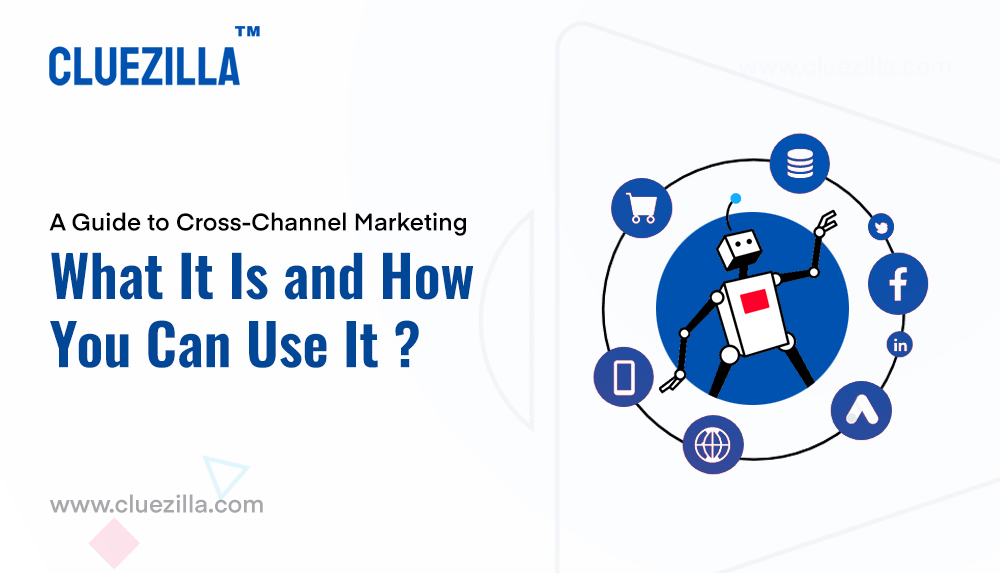Cross-channel marketing is a type of marketing that extends your reach and connects multiple marketing channels. A well-executed cross-channel marketing strategy can help you reach more customers and drive sales. Cross-channel marketing integrates your various marketing efforts so they work together as one cohesive unit. It’s not just about combining several tactics; rather, it’s about having a strategic plan to integrate all the various ways you market your business. Cross-channel marketing helps businesses connect their various marketing activities such as social media, website, SEO, PPC ads, blogs, videos, email newsletters, etc., and use them in concert to drive sales across channels. This blog post will explain what cross-channel marketing is, why it’s important for your business and how you can implement it in your own company. Keep reading to learn more!
What is Cross-Channel Marketing?
Cross-channel marketing is a marketing strategy that entails marketing across multiple channels, such as social media, email, paid search and display ads, e-commerce and other types of digital marketing. This is important because it means all of these channels work together, not as independent units. For example, if you put together a great PPC campaign that brings in a lot of clicks but they all go to a landing page that doesn’t convert, then you’re going to lose a lot of money. Cross-channel marketing doesn’t just mean combining your various marketing efforts; it also means having a strategic plan to integrate all the various ways you market your business. This is important because it can help companies reach a larger audience and drive more sales.
Why is Cross-Channel Marketing Important?
As we discussed earlier, cross-channel marketing is important because it brings together your various marketing efforts and connects them in a way that makes them stronger than they would be apart. If each channel works in its own silo, it’s much more difficult to reach customers and drive sales. Cross-channel marketing is also important because it gives you more flexibility. For example, if one channel isn’t performing as well as you’d like, it’s easier to replace it with another channel that is driving more sales. When everything is connected, you have more options to try new things, pivot or make changes. This means you can keep trying until you find the right approach that works.
How to Implement Cross-Channel Marketing?
There are several things to keep in mind when you’re implementing a cross-channel marketing strategy. First, determine what your goals are for each channel. What do you want to achieve? What is your purpose for each channel? Next, create a strategy for each channel. How are you going to achieve your goals? What are your tactics? What channels will you use? How will you use them? Cross-channel marketing is not just about connecting the different channels; it’s also about creating a strategy that makes the channels work together. When you’re choosing the channels you want to use, it’s important to consider your company’s strengths. Focus on the channels that make the most sense given your resources and target audience. This will help you avoid spreading yourself too thin.
Conclusion
Cross-channel marketing is an important marketing strategy that brings together your various marketing efforts and connects them in a way that makes them stronger than they would be apart. It’s important because it gives you more flexibility and allows you to reach more customers. When you’re implementing a cross-channel marketing strategy, you should determine your goals for each channel, create a strategy for each channel, and focus on the channels that make the most sense for your business given your resources and target audience.


